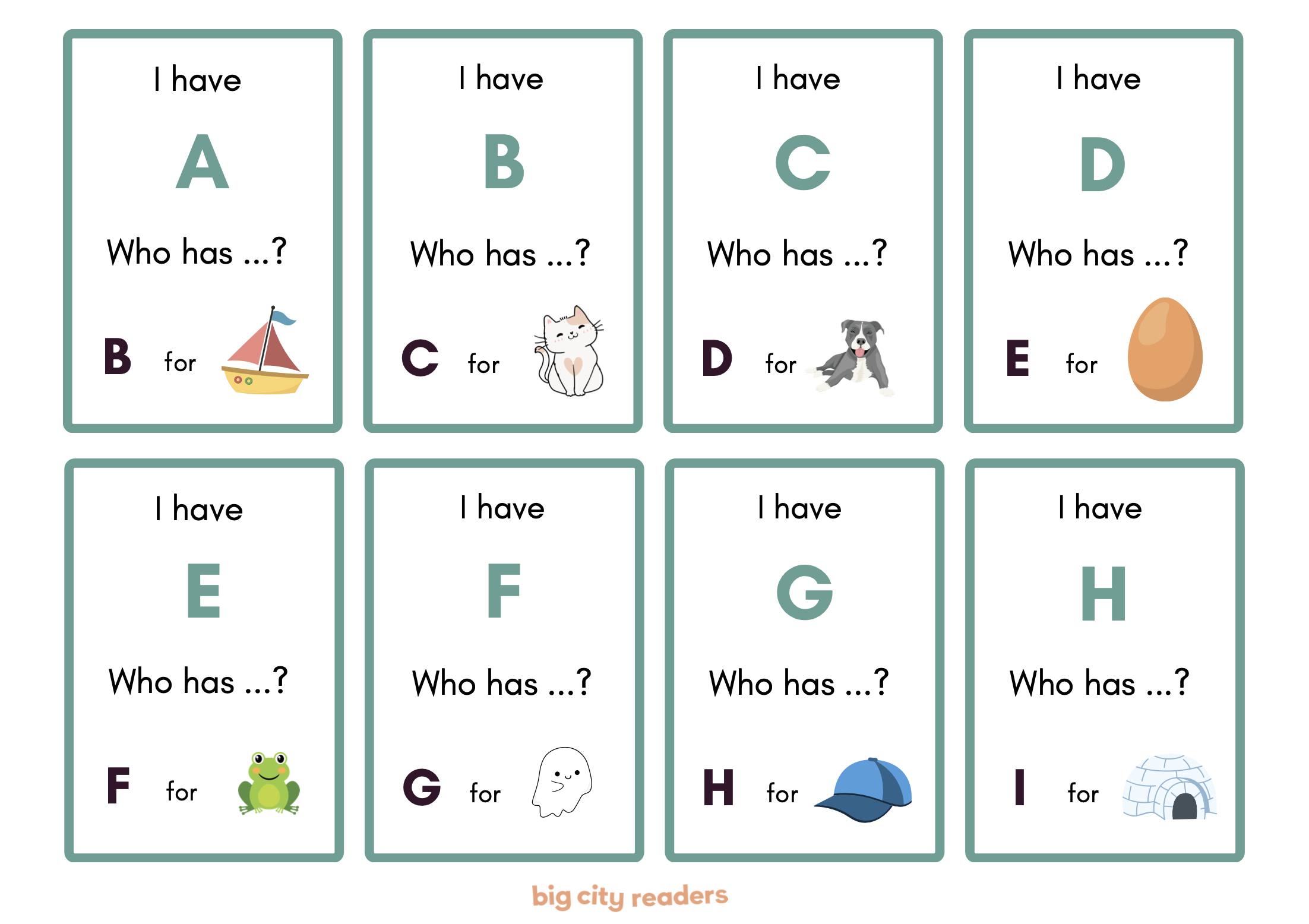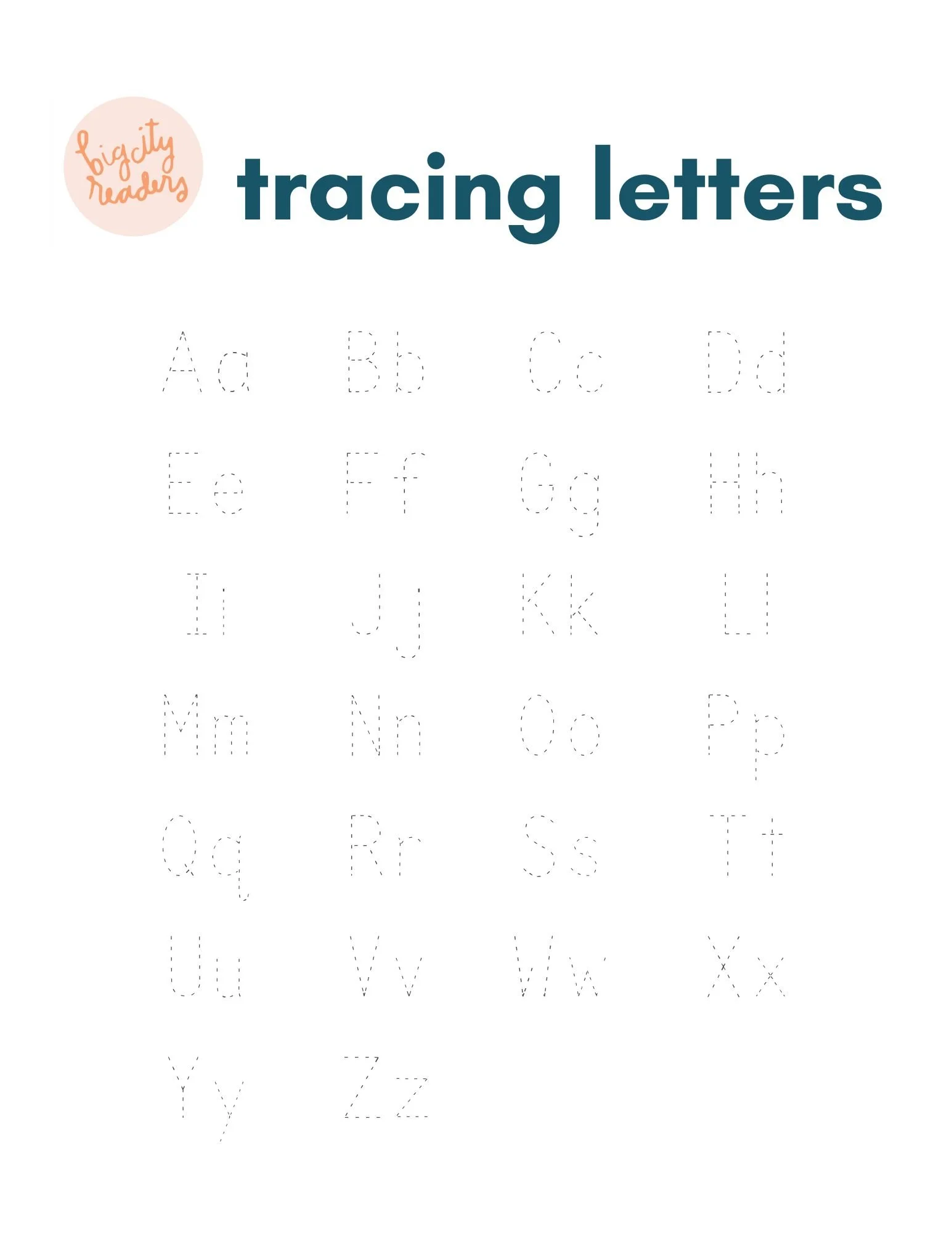The Imbalance of Balanced Literacy
Balanced literacy became a popular method for teaching reading. This is the type of reading instruction I was taught.
This approach fosters a love for reading. Which is important! However, its flexibility means it's applied differently by every educator and leads to different outcomes. And it involves a lot of guessing when reading like:
Skip the unfamiliar words and come back to them later
Use the picture to help you figure out the word
Look at the first letter and take a guess
And our brains can naturally do this. We should not be training teachers to teach reading instruction using these methods.
This approach to literacy instruction introduced curriculums that significantly overlooked phonemic awareness and phonics. And that led to noticeable gaps in learning.
The consequences are clear: many children now face challenges in reading effectively. Or reading at all.
Who’s to Blame for the Educational Reading Crisis?
Change is hard.
It requires acknowledging past mistakes, which isn't easy for anyone.
This acknowledgment involves taking responsibility for choices that influenced whether children learned to read effectively or not. And that’s scary.
The question of who is responsible for the educational reading crisis is complex and multifaceted. However, for today, assigning blame isn't our focus.
The main focus shouldn't be on school systems or teachers. It needs to be on the students themselves.
The truth is plain: for some kids, learning to read is more than just a school achievement—it's crucial for their future. That's the heart of the issue.
Understanding this might make some people uneasy, but it's important to think about why that is. And the fact is, for kids from some racial and economic backgrounds, how well they're taught to read can really change their lives. So, it's not just about education; it's about giving these kids what they need to succeed.
Teaching reading the right way isn't just a good idea—it's absolutely necessary.
For more tips and insights to nurture lifelong learners, hop over to my Instagram page.
And, don't forget to explore episodes on the podcast, Play On Words, where you’ll hear more about making learning fun and accessible for all.
I’m the founder of BCR, host of the Play on Words podcast, a consultant for the Chicago Public Library, and more! On the blog, I regularly share my tips, insights, and knowledge on early literacy.
The Latest Posts
grab Miss Beth’s ABC booklist
a free, downloadable list of more than 15 of Miss Beth’s favorite books for teaching your child their ABC’s










